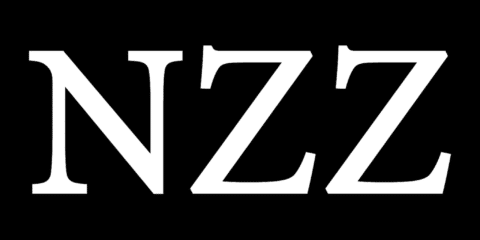As Netanyahu’s associates talk about an Iranian effort to deploy a ring of fire around Israel, a think tank is skeptical about the chances for a truce with Hamas
Haaretz, 19.12.19

The rumors about the death of “the war between the wars” were greatly exaggerated. It didn’t die, it just changed form.
Iran’s attempts to respond on the northern front to Israeli attacks and the massive fire by Syria’s air defense systems with every bombing have apparently spurred the Israel Defense Forces to alter its mode of operation. Accordingly, the frequency of attacks seems to have declined. But the basic reasons for the friction between the two sides – Iran’s efforts to entrench itself militarily in Syria, its arms smuggling into Lebanon and Israel’s attempts to halt both these things – haven’t changed. The friction can be expected to continue.
At the start of this week’s cabinet meeting, Prime Minister Benjamin Netanyahu warned once again that Israel will respond to any aggression by Iran and Hezbollah. Netanyahu quoted a senior general in the Revolutionary Guards who threatened that Iran would destroy Tel Aviv with rocket fire from Lebanon. “If Hezbollah dares to attack Israel, it and Lebanon, which allows attacks from its territory against us, will pay a very heavy price,” the prime minister said. A few days earlier, Defense Minister Naftali Bennett threatened to turn Syria into “Iran’s Vietnam.”
Top politicians and their advisers have been speaking even more bluntly – surprisingly, also in meetings with colleagues from abroad; sometimes it’s enough to make their interlocutor flinch. In recent months, cabinet members have gotten used to hearing Netanyahu speak in apocalyptic terms whenever he talks about his favorite strategic issue, Iran. His associates are talking about an Iranian effort to deploy a ring of fire around Israel – to deploy missiles and rockets that would threaten all of Israel on several fronts: Lebanon, Syria, Iraq and Gaza. They add that a resumption of the attempt to build production lines for precision weapons in Lebanon would be sufficient reason to go to war.
Bennett, who has eased the pace of his pronouncements after receiving pushback from the IDF, still believes in an aggressive stance and in taking the initiative in the north. For him, waiting and containment aren’t an option. Iran is sensitive to losses of its men. The defense minister believes that the foreign military forces and militias can be kept out of Syria via a well-managed move.
This week the Jerusalem Institute for Strategy and Security published a forecast for the coming year. The institute, where Maj. Gen. (res.) Yaakov Amidror, Netanyahu’s former national security adviser, is a top member, predicts that “Iran will continue to strip the JCPOA [the nuclear agreement] of any content, and will escalate its enrichment of uranium, perhaps even dramatically so. Washington’s campaign of ‘maximum pressure’ (economic sanctions) will continue to drain Iran’s economy, posing significant challenges to the ayatollahs.”
What are the implications for Israel? “High probability of more Iranian aggression, and even broader conflict with Israel if, in the latter half of 2020, Iran ramps up uranium enrichment. Israel must be ready to tackle Iran on its own.” The forecast for northern Israel is no rosier: “Israel must be ready for escalation, including preemptive warfare” with Hezbollah.
The tension in the north – this week the IDF drilled a mock commando attack by Hezbollah from Lebanon and the seizure of Israeli border communities – could be highly influenced by developments in three areas: the Iranian provocations in the Gulf, at least some of which are designed to get the United States resuming talks on the nuclear accord; the mass demonstrations in Lebanon, Iraq and (briefly) Iran that are challenging the regime in Tehran; and Netanyahu’s legal and political woes.
As I’ve noted a number of times, the prime minister has usually been cautious and responsible in handling the northern sector. Still, the current situation requires special sensitivity and caution by defense officials, with awareness of the magnitude of their responsibility, rather than automatic acceptance of a script where there’s no escape from war because Iran continues to embed itself across the border. This is all the more true given that the prime minister now heads a caretaker government, has failed twice to form a governing coalition and faces a triple indictment on corruption charges.
By Amos Harel, Haaretz, 19.12.2019







 - בניית אתרים
- בניית אתרים